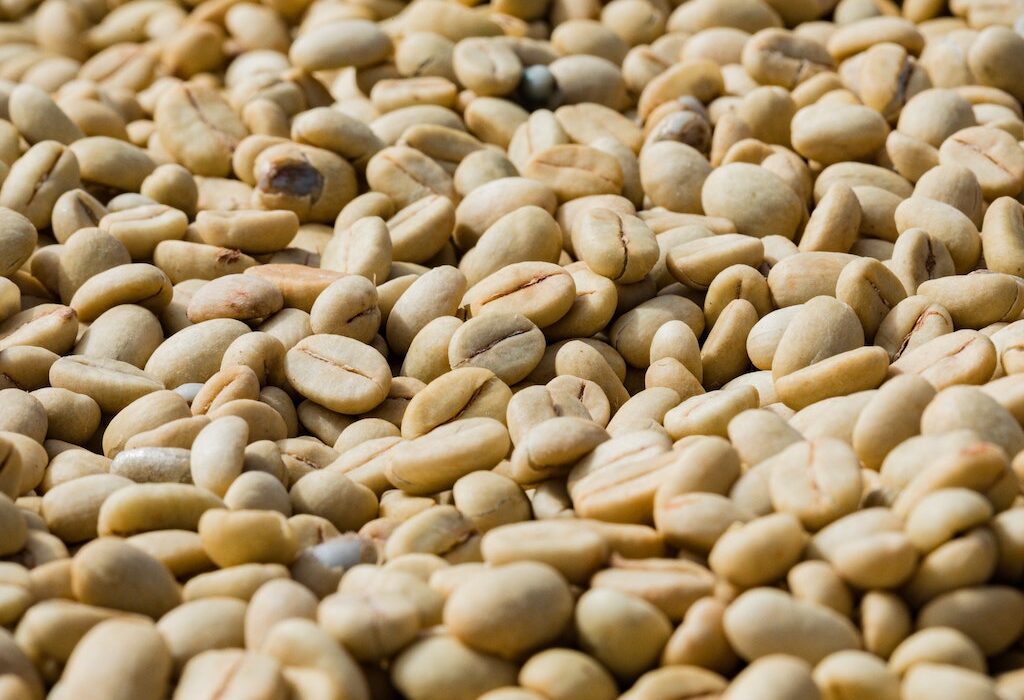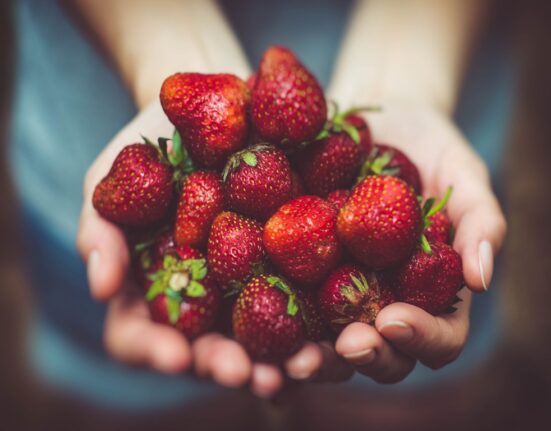When it comes to allergies, individuals may often think of eliminating certain foods from their diet to prevent negative reactions. However, the relationship between food and seasonal allergies is generally limited to specific categories of cross-reactive foods. People with seasonal allergies caused by ragweed, birch, or mugwort may experience reactions to these types of foods.
Seasonal allergies, aka hay fever or allergic rhinitis, occur during specific times of the year, commonly in the spring or summer. These allergies develop when the immune system overreacts to allergens such as plant pollen, leading to congestion, sneezing, and itching.
Typically, the treatment for seasonal allergies involves using non-prescription medications. Making lifestyle adjustments could also assist in alleviating symptoms during the spring season. Various dietary choices have the potential to decrease inflammation and reduce the discomfort associated with seasonal allergies. Incorporating particular foods into one’s diet may relieve symptoms such as watery eyes and a runny nose.
Ginger
Many allergy symptoms result from inflammatory conditions, such as swelling and irritation in the eyes, nasal passages, and throat. Ginger, as a natural remedy, can reduce these symptoms. For thousands of years, it has been utilized as a natural treatment for various health problems, such as joint pain and nausea. Additionally, ginger contains anti-inflammatory and antioxidative phytochemical compounds. Researchers are currently investigating how these compounds could potentially aid in managing seasonal allergies.
According to a 2016 study, ginger reduced allergy symptoms by suppressing the production of pro-inflammatory proteins in the blood of mice. Fresh and dried ginger exhibit similar anti-inflammatory properties. One can add ginger to baked goods, curries, stir-fries, or even prepare ginger tea.
Bee Pollen
Bee pollen is a mixture of enzymes, nectar, honey, flower pollen, and wax. It’s commonly marketed as a cure for hay fever. Studies have demonstrated that bee pollen may exhibit anti-inflammatory, antifungal, and antimicrobial properties in the human body. In an animal study, bee pollen prevented allergic reactions.
Stephanie Van’t Zelfden, a registered dietitian, advises that consuming local bee pollen may help enhance the body’s resistance to the pollen that causes allergies. The pollen should come from the same local pollen that triggers the allergy. Look for bee pollen at a nearby farmer’s market.
Citrus Fruits
Although no evidence supports the claim that vitamin C prevents the common cold, it could help allergy sufferers and shorten the duration of a cold. Research indicates that consuming foods high in vitamin C reduce allergic rhinitis, which is the upper respiratory tract irritation triggered by blooming plant pollen. Therefore, during allergy season, one should consume high-vitamin C fruits such as grapefruits, oranges, lemons, and limes.




